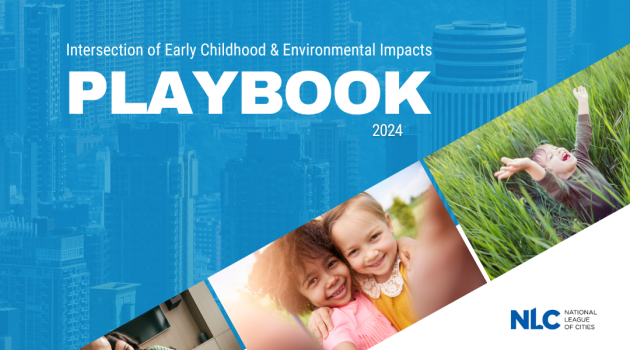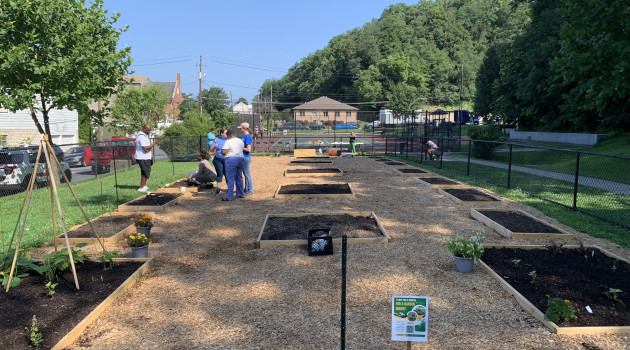
Salt Lake City tackled issues of fresh and healthy food availability via a newly formed group of Resident Food Equity Advisors. Their goal was to create an equitable community food system that increases access to healthy, organic, and culturally relevant foods for historically underrepresented and underserved communities.
Salt Lake City’s Resident Equity Advisor (RFEA) program is a new and more equitable approach to food policy, as the city seeks to move away from doing food projects and policy “to or for” residents, toward a model of “doing with and by.” Despite unforeseen challenges and bumps along the way, the Equity Advisors worked in partnership with SLC City staff to voice their concerns and help shape the City’s food policy agenda.
Thirteen residents from a diverse set of experiences and backgrounds explored issues in the food system and strategized solutions for their communities, discussing everything from food vouchers to a food leadership academy; their final report advocated for an “Edible Salt Lake City” and includes recommendations for how the city can achieve greater food equity—especially for its expectant families, babies, and toddlers.
Resident Food Equity Advisor (RFEA) Eugene Simpson, who moved from Belize and works as a barber in Rose Park, enjoys sharing the findings of the report. “I talk about the Food Equity program in the barbershop,” he says. “I talk to the kids that come in about eating good food. The kids are the ones that need it. If they hear it when they are young and start eating good foods, then they will do it when they are older.”
RFEA John Wilkes said one thing he would take away is a new understanding of the difficulty of accessing culturally specific foods. “I learned that many ethnically specific foods are very difficult for cultural groups in our area to find at any neighborhood stores. That was something which had never occurred to this Midwestern white boy, that many immigrants cannot find items that are staples in their food culture. How exasperating that must be.”
“As a city, we can—and must—do more to ensure that all residents have reliable access to the healthy, culturally appropriate foods they need. The Resident Food Equity Advisors have provided us with a menu of recommendations to help us achieve these goals and we look forward to getting to work,” said Erin Mendenhall, Salt Lake City’s Mayor.
Zana Jokic—from Sarajevo and whose work as a medical interpreter has given her a unique perspective on healthy food access among immigrant communities— encouraged people who care about food to “be an active part of the community.” She hopes that food, especially, might be something to unite people. “I think food is a big deal, you know? Especially if you are talking about healthy, good food, people are willing to participate.”
In addition to grant funding from Healthy Babies Bright Futures and the Mayors Innovation Project, the Salt Lake City Sustainability Department leveraged $66,000 in staff time and consultant technical support to facilitate the work of the Resident Food Equity Advisors, and the Sustainability Department committed over $200,000 to begin implementing some of the RFEA recommendations.
Interested in learning more? Contact Brian Emerson, Salt Lake City’s Food & Equity Program Manager, at Brian.Emerson@slcgov.com.
Is your City interested in being part of Healthy Babies Bright Futures’ Bright Cities program? To discuss this and anything else, please contact Bright Cities Program Director, Kyra Naumoff Shields at knaumoff@hbbf.org.


